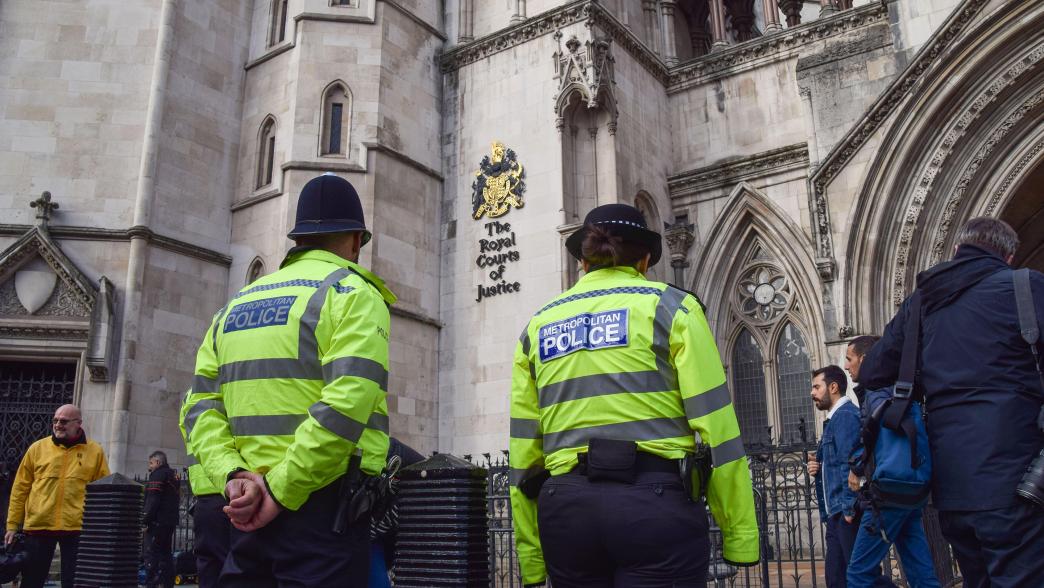Government loses judicial review on Covid-19 Inquiry WhatsApps
What is the fallout of Thursday's High Court ruling against the government?

The government has failed in its court challenge to a notice issued by the Covid inquiry seeking disclosure of various WhatsApp messages between Boris Johnson and others, along with the former prime minister’s notebooks and diaries. But a further fight is unlikely, writes Sir Jonathan Jones.